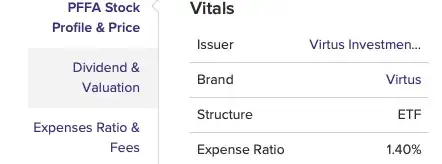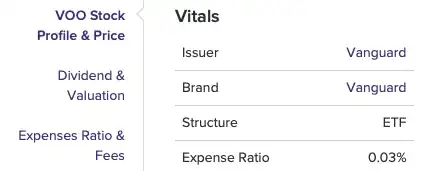I have roughly equal investments across 4 different high-risk "growth" mutual funds -- let's just assume that other than all being high risk, they're fairly well diversified. Two of the funds are performing well (5-10% growth since purchase), and two are performing poorly (5-10% loss since purchase). So in total, the net gain/loss has been about zero.
Unexpectedly, I need to liquidate half of the investment earlier than I'd originally intended, so I'm forced with a choice of which investments to keep and which to sell.
Is it better to:
- Sell the well-performing ones! That way I'm not locking in losses from the under-performers.
- Sell the under-performing ones! That way the good performers can keep gaining.
- Sell a mix of all 4! Keep the investment "diversified".
- Do more research: make a bet on the specific sectors the mutual funds cover and either accept losses or keep the growers.
- It doesn't matter, it's just gambling!
If it helps: my investment style is generally comfortable with risk and a long time-horizon (present cash need excluded), but generally no interest in active micro-managing investments or intensive market research (hence the choice of mutual funds).

